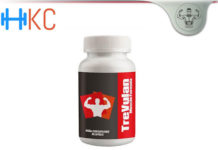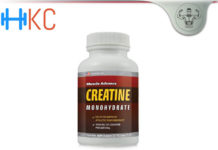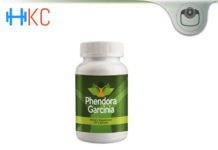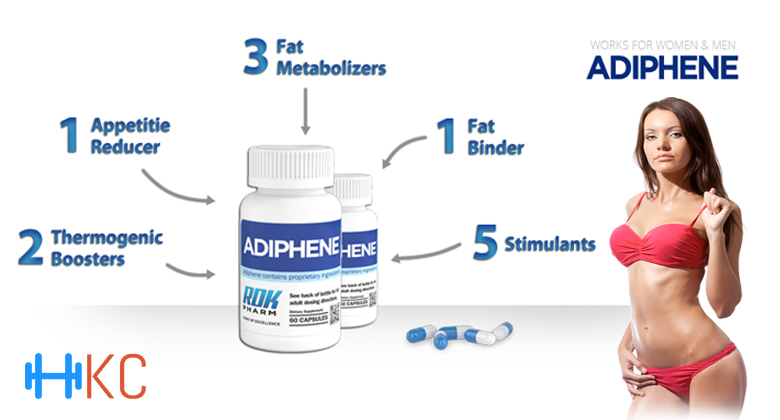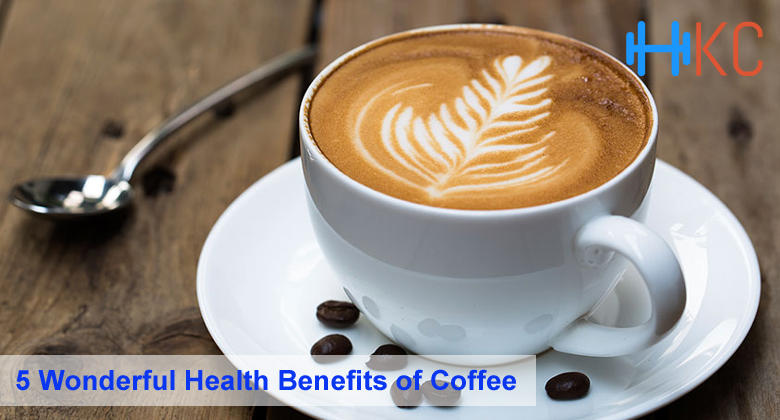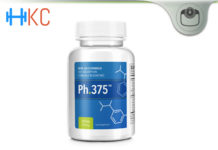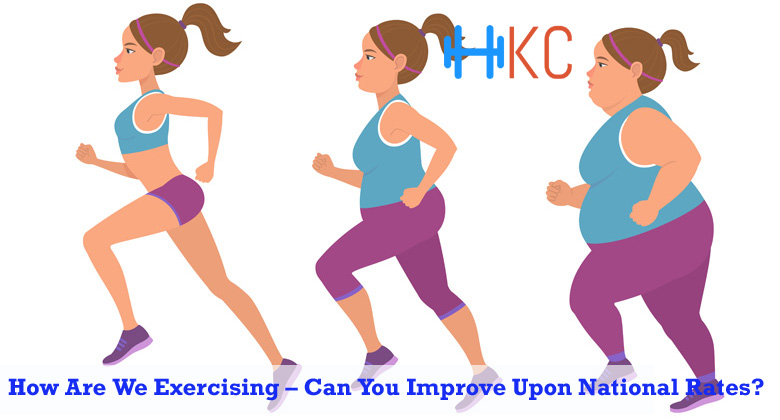
The popularity of chia seeds amazon is far-reaching enough that you may have read about these as a health ‘superfood’ a few times. These small seeds are said to have positive effects on your gut, heart, and even bones. Plus, chia seeds are often the spotlight in a weight loss diet.
That said, given how popular chia seeds are, it can be difficult to separate hype from reality. Also, you may find a lot of misconceptions about chia seeds since numerous people consume them in different ways. You need to separate these from the facts as well.
Let’s address the common myths and hypes of chia seeds and discover what the facts are.
MYTH: Chia seeds make you gain weight
Chia seeds contain fat, about 9 grams of it. However, 8 grams of these fats are the ‘good’ fats, the kind that contribute to HDL or ‘good’ cholesterol. Therefore, having chia seeds in your dietary routine, while adding fats, can be beneficial for your liver, given that HDL can help eliminate toxins from your systems.
Plus, sticking to a limited serving of chia seeds per day won’t increase your fat consumption. A single serving—i.e. roughly 2 tablespoons – taken without any unhealthy additives can provide you with essential nutrients without excessively increasing the calorie count.
HYPE: Chia seeds burn fat and cause weight loss
While the high protein and fiber content in chia seeds are cited as reasons for weight loss benefits, these are not directly responsible for any weight you shed. The truth is that chia seeds promote a sense of fullness, which aids in appetite control. The increase in feeling of satiety is what results in you unconsciously reducing your calorie consumption.
Also, chia seeds improve gut health due to high fiber. This increases your metabolic rate, leading to better calorie burning. However, this does not mean you can simply ‘eat more’ chia seeds. A balanced diet is the highest priority in your weight loss journey, with superfoods like chia seeds as additional support!
MYTH: Chia seeds have more Omega 3 than salmon
You can take chia seeds as one of the best sources of fiber, protein, and omega 3. However, when it comes to the omega 3 fatty acids, people often confuse chia seeds as a complete resource. This is why some you may have people suggest substituting fatty fish such as salmon with chia seeds and other seeds for omega 3. It’s important to know that comparing the two is not practical. There’s a major difference between meat-based and plant-based omega 3.
The omega 3 fatty acids in fish are known as EPA and DHA, whereas chia seeds contain plant-based omega 3 fatty acid called ALA. While each kind of fatty acid is beneficial for you, their effects are unique. Hence, you cannot use chia seeds as a standby for salmon or any other omega-3-rich fish.
HYPE: Chia seeds can help reverse type 2 diabetes
Chia is known for being a good source of fiber, protein, and omega-3. This is the reason why the seeds are linked with a reduced risk of developing type-2 diabetes among humans. That said, having chia seeds does not equal complete prevention of high blood sugar or diabetes, or even reversing the disease for those who already suffer from it.
Chia seeds can help reduce inflammation, lower insulin resistance, and reduce abdominal fat. Therefore, just as these do not directly affect your weight, they do not have a direct impact on blood sugar. Chia seeds are simply additional support, with the need for diet control taking priority for those at risk of or having type 2 diabetes.
MYTH: Chia seeds cause abdominal discomfort
While there is some truth regarding digestive troubles caused by chia seeds, quantity, and personal sensitivities are two important factors. Excessively consuming chia seeds—hence consuming too much fiber—is what causes side effects such as bloating, gas, and constipation. Maintaining intake is the key to evading digestive issues.
Additionally, chia seeds absorb water, thus making it harder for your gut to process food. Taking chia seeds which you soak in water-which turns these into a gel form is an ideal way to ensure proper gut function. Additionally, drink plenty of water when you consume chia seeds to avoid these from causing dehydration and gut troubles.
HYPE: Chia seeds are enough to power athletic performance
Some people believe that chia seeds are the go-to power boost for athletes. However, studies show that this is in fact untrue. Chia seeds are beneficial for improving stamina and strength, given the protein, omega-3, and calcium within these amongst other minerals. Nevertheless, you need more than chia seeds to fuel your diet well enough for athletics, especially at a professional stage.
You can add chia seeds to your breakfast or smoothies to enhance your diet. However, it’s important to note that before and after intense exercise, your muscles need carbohydrates.
MYTH: Chia seeds complete a healthy dietary routine
Chia seeds have various nutrients, thus making them a fantastic addition to your diet. By incorporating either black or white chia seed into your meals, you can get plenty of energy.
Nevertheless, it’s important to note that chia seeds should not be a substitute for other fiber-rich foods such as fruits and veggies. You still need these for a plethora of necessary vitamins and minerals. Therefore, you need to focus on a well-rounded diet and plenty of exercise first and foremost to lead a healthy life!
HYPE: Chia seed store-bought snacks are healthy
Not every chia seeds snack on the shelves is ‘healthy. Watch out for and avoid purchasing chia pudding, bars, chia-flavored water, and granola from the store, as these may contain excessive amounts of sugar, preservatives, and additives.
You can easily whip up chia-based snacks and meals at home, all while avoiding any unhealthy ingredients.
Conclusion: Chia Seeds – Worth It?
Busting myths and correcting hypes, chia seeds remain an amazing source of nutrition. The incredible benefits of these tiny seeds range from heart health to antioxidant effects, not just providing your body with health but also protecting it from harmful substances and various diseases.









